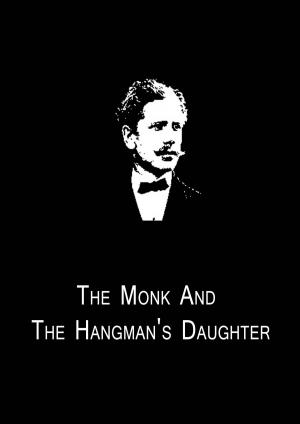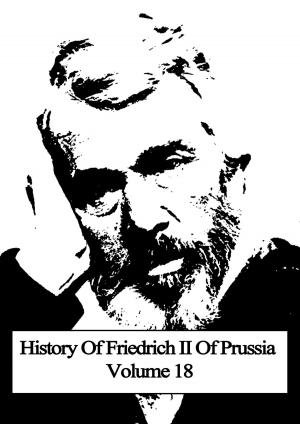| Author: | St. Augustine | ISBN: | 1230000036233 |
| Publisher: | Zhingoora Books | Publication: | December 3, 2012 |
| Imprint: | Language: | English |
| Author: | St. Augustine |
| ISBN: | 1230000036233 |
| Publisher: | Zhingoora Books |
| Publication: | December 3, 2012 |
| Imprint: | |
| Language: | English |
Christmas Summary Classics
This series contains summary of Classic books such as Emma, Arne, Arabian Nights, Pride and prejudice, Tower of London, Wealth of Nations etc. Each book is specially crafted after reading complete book in less than 30 pages. One who wants to get joy of book reading especially in very less time can go for it.
ST. AUGUSTINE
The City of God
A French critic has said of Augustine's "City of God" that it is the earliest serious attempt to write a philosophy of history, and another has spoken of it as the encyclopaedia of the fifth century. These two remarks together characterise the work excellently. It is a huge treatise in twenty-two books, begun in the year 413, and finished in 426, and was given to the public in sections as these were completed. Augustine (see LIVES AND LETTERS) himself explains the origin of the work. The fall of Rome by Alaric's invasion in 410 had been ascribed to the desertion of the old gods of Rome and to the wide extension of Christianity, or the City of God, throughout the empire. It was to refute this calumny that the learned African bishop elaborated his great defense of Christ's kingdom, the "Catholic Church, which should include all nations and speak in all tongues." In Books 1-5 St. Augustine shows that the catastrophe of Rome was not due to the neglect of the old mythological superstitions; and in Books 6-10 that the heathen cult was helpless for the life after death. Books 11-14 deal with the origin of the two cities, namely, of God and the World; Books 15-18 with their respective histories, and Books 19-22 with their respective ultimate destinies.
Christmas Summary Classics
This series contains summary of Classic books such as Emma, Arne, Arabian Nights, Pride and prejudice, Tower of London, Wealth of Nations etc. Each book is specially crafted after reading complete book in less than 30 pages. One who wants to get joy of book reading especially in very less time can go for it.
ST. AUGUSTINE
The City of God
A French critic has said of Augustine's "City of God" that it is the earliest serious attempt to write a philosophy of history, and another has spoken of it as the encyclopaedia of the fifth century. These two remarks together characterise the work excellently. It is a huge treatise in twenty-two books, begun in the year 413, and finished in 426, and was given to the public in sections as these were completed. Augustine (see LIVES AND LETTERS) himself explains the origin of the work. The fall of Rome by Alaric's invasion in 410 had been ascribed to the desertion of the old gods of Rome and to the wide extension of Christianity, or the City of God, throughout the empire. It was to refute this calumny that the learned African bishop elaborated his great defense of Christ's kingdom, the "Catholic Church, which should include all nations and speak in all tongues." In Books 1-5 St. Augustine shows that the catastrophe of Rome was not due to the neglect of the old mythological superstitions; and in Books 6-10 that the heathen cult was helpless for the life after death. Books 11-14 deal with the origin of the two cities, namely, of God and the World; Books 15-18 with their respective histories, and Books 19-22 with their respective ultimate destinies.
![Cover of the book The City of God [Christmas Summary Classics] by St. Augustine, Zhingoora Books](https://www.kuoky.com/images/2012/december/500x500/1230000036233-1buR_500x.jpg)

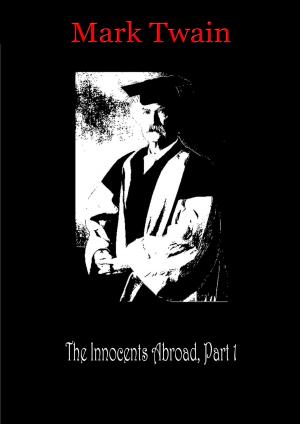
![Cover of the book Tom Brown's Schooldays [Christmas Summary Classics] by St. Augustine](https://www.kuoky.com/images/2012/december/300x300/1230000036889-77M2_300x.jpg)
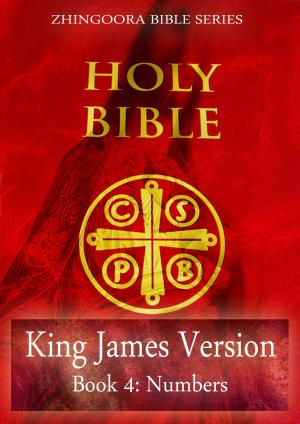
![Cover of the book The Bible in Spain [Christmas Summary Classics] by St. Augustine](https://www.kuoky.com/images/2012/december/300x300/1230000037112-bxrj_300x.jpg)


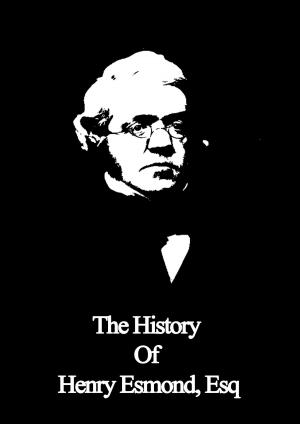
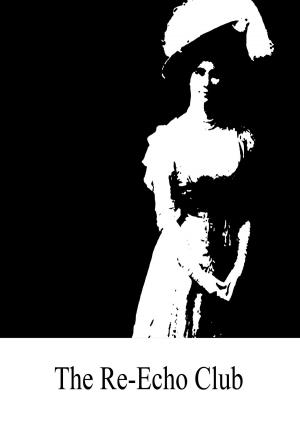
![Cover of the book Principles of Human Knowledge [Christmas Summary Classics] by St. Augustine](https://www.kuoky.com/images/2012/december/300x300/1230000036236-1Qmn_300x.jpg)
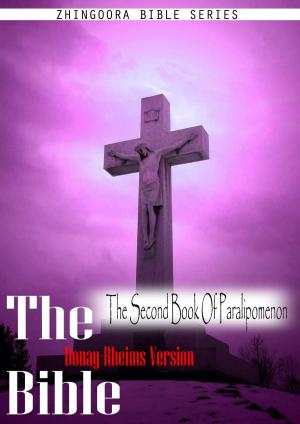
![Cover of the book In The Yule-Log Glow Book III [Christmas Summary Classics] by St. Augustine](https://www.kuoky.com/images/2012/october/300x300/1230000024194-p6nP_300x.jpg)
